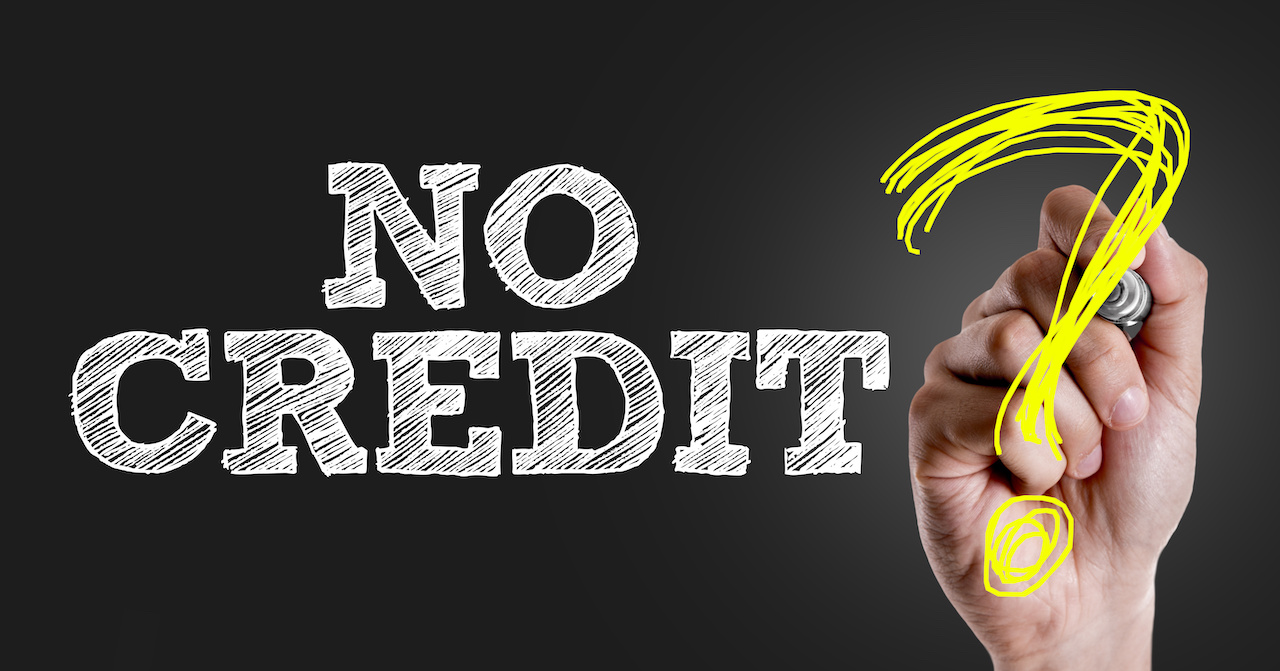Credit Sesame’s guide to starting your credit history.
Creating a strong credit history is the first step in opening doors to competitive financing options in your future. The content of your credit report influences both the types of loans and credit products you qualify for, as well as the costs associated with that financing, including fees and interest rates. Credit cards, student loans, auto loans, and mortgages are all related to your credit score. Wondering how to start your credit? Follow these tips.
Understanding the fundamentals of credit history
How to start your credit history
How quickly will my credit history be established?
Credit history FAQs
Why is credit history important?
What is the best way to start my credit history?
How do secured credit cards work?
Monitor your credit with Credit Sesame!
Understanding the fundamentals of credit history
Learning how to start credit building at any age is an important life skill. There are two primary components of an individual’s credit: a credit report and a credit score.
A credit report is a document tracked by a credit reporting bureau that records financial information related to your borrowing history. Most people actually have three credit reports from three different credit bureaus: Experian, Equifax, and TransUnion. The federal government allows you free access to your credit reports at AnnualCreditReport.com.
On these reports, you’ll find information on past and current loans and lines of credit, including the amounts you’ve owed, your available credit, late payments, delinquent accounts, past bankruptcies, and recent credit applications. Most pieces of information stay on your credit report for anywhere between seven and 10 years.
A credit score is an analysis of all the data listed on your credit report. Lenders use your credit score to figure out how likely you are to repay the borrowed funds, either from a loan, line of credit, or credit card. Some credit scoring companies charge to access your personal score, or you can enroll in a free credit score service from Credit Sesame.
Since lenders use credit history to approve future borrowers, you may be wondering how to actually start your credit. There are actually several things you can do to start getting positive entries on your reports.
How to start your credit history
- Become a credit card authorized user. Become an authorized user on a close friend’s or relative’s credit card, as long as you both share a commitment to making payments on time and maintaining low or zero balances. As an authorized user, you’ll have that credit card’s history listed on your own credit report, which can cause a quick boost to your score.
- Apply for a secured credit card. A secured credit card helps you build your credit but reduces risk to the bank because you keep a security deposit in another account. As you manage your credit card responsibly, you’ll create a credit history and often qualify for an unsecured credit card within a year.
- Get a student credit card. If you are enrolled in some type of college, university, or certification program, you may qualify for a student credit card. The credit limit is usually low when you start off, but so are the fees. You may, however, need at least a part-time job in order to qualify.
- Try a credit builder loan. A credit builder loan requires you to repay the loan in full before the funds are released. Each month, you’ll make payments to the lender (including interest) that are reported to the credit bureaus.
- Get financing with a co-signer. A co-signer with a solid credit history can help you get approved for a loan when you might not be able to on your own. A common example is a student loan that has both the student and parent as co-borrowers.
- Add extra data to your credit report. Some credit bureaus allow you to add things like utilities, cellphone, and rent payments to your report. You may need to pay a fee to a third party verification service for this to work.
How quickly will my credit history be established?
When you first start building your credit profile from scratch, it’s called having “thin” credit. Taking any of the steps above helps to “thicken” your credit score. However, it doesn’t happen overnight. Expect to wait between three and six months before your credit history begins to appear on your credit reports. That’s because the creditors themselves are responsible for reporting the financial data to the credit bureaus. It might not happen right away.
Once you’ve established that baseline of credit history, it’s important to keep up with good financial habits so that you grow your score to a higher number. These habits include:
- Making on-time payments each month
- Keeping your credit card balances low
- Avoiding too many credit applications in a short time period
Credit history FAQs
Learn more about “how to start my credit” with these frequently asked questions.
Why is credit history important?
Your credit history is important because it represents your creditworthiness to future lenders and creditors. That means these financial institutions use your credit report and score to figure out if you’re at high-risk of defaulting on a loan (meaning they never get the money back). Someone who has a bad credit history will likely qualify for less money at much higher interest rates in order to compensate for that risk. If you don’t have any credit history at all, lenders don’t know what to expect from you when it’s time to repay the loan. So they often use similar approval guidelines as someone with bad history. That’s why it’s important to proactively build your credit so you get access to better financing in the future.
What is the best way to start my credit history?
Start by applying for one type of credit designed for people with no credit background. You don’t want to apply for too many, because every application with a hard pull will hurt your credit score. It’s not so dramatic when you have established credit, but it can be harmful when you’re already working on building your credit score from scratch.
Also follow the tips that don’t require taking out any type of financing, like getting your rent reported to a credit bureau, or becoming an authorized user on someone else’s credit card.
How do secured credit cards work?
In order to qualify for a secured credit card, you need to first make a security deposit with the same lender or bank. Those funds are held in a separate account. You’re then approved for a credit card (usually equal to the same amount). Make some minor charges, then repay the balance in full each month, otherwise you’ll end up having to pay interest. After six months to a year of successfully managing your card, you may be able to qualify for a traditional credit card and get that security deposit back.
Monitor your credit with Credit Sesame!
As you start to build your credit, it’s smart to track your report and your score to understand the progress you’re making. Credit Sesame’s free credit monitoring service gives you easy access to all the tools you need to know where your score stands today and what changes are happening in real-time.
Start building your credit with Credit Sesame today!
Disclaimer: The article and information provided here is for informational purposes only and is not intended as a substitute for professional advice.




















